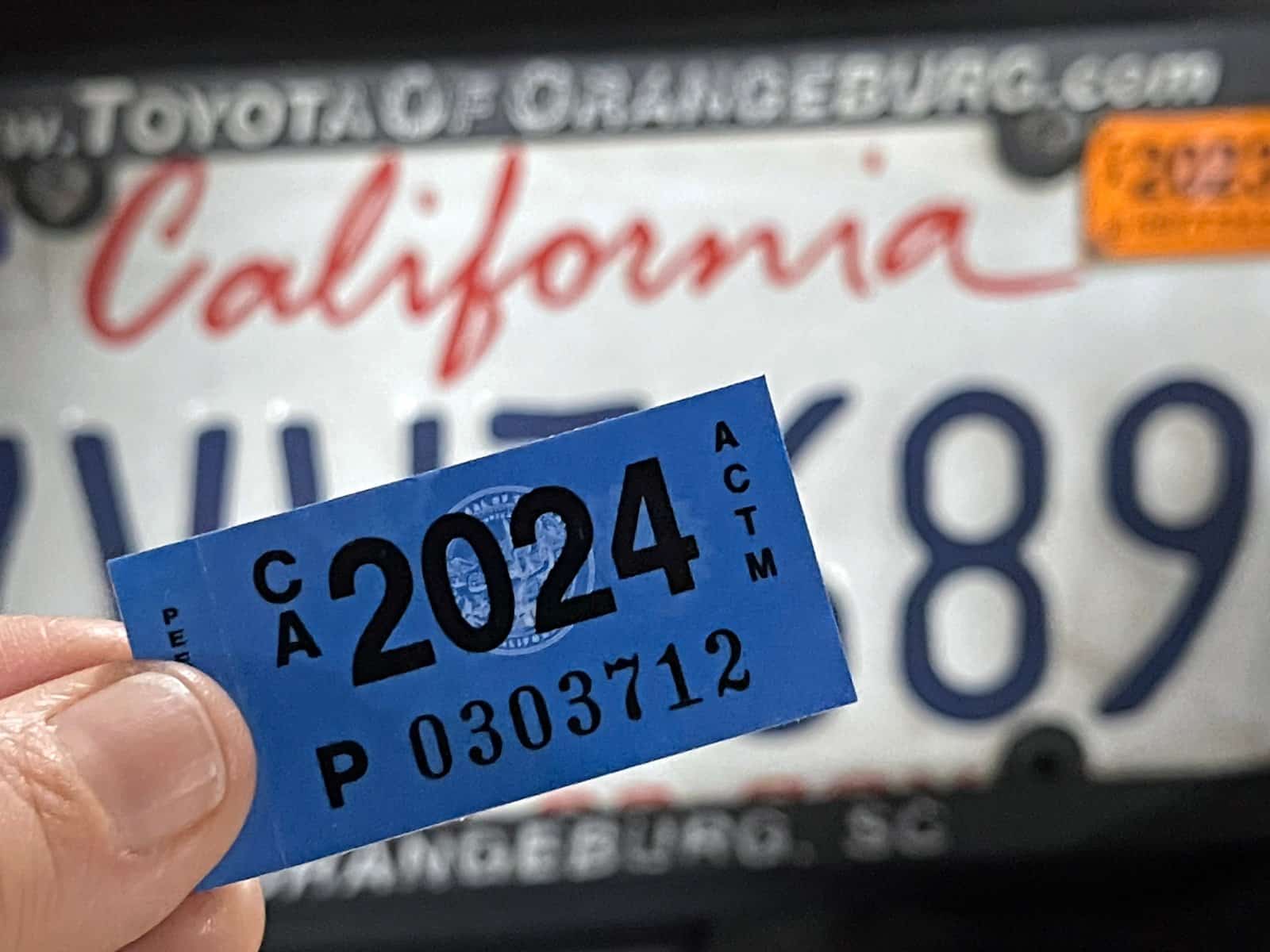Florida Governor Ron DeSantis and state lawmakers have just approved big rollbacks to child labor laws that will dramatically impact teens aged 16 and older. Here’s a look at what these new laws involve and what they mean for Florida’s youth workforce.
The Legislative Breakdown

The Florida Legislature passed two separate bills during the 2024 session, both targeting the state’s child labor laws. House Bill 49 and House Bill 917, while different in scope, collectively loosened restrictions for older teens.
A Statewide Debate

These controversial changes, set to take effect on July 1, 2024, have sparked heated debates across the state.
House Bill 49

House Bill 49 passed largely along party lines. This bill focuses on extending the number of hours that 16- and 17-year-olds can work.
House Bill 917

House Bill 917 received bipartisan support. This bill is broader and includes provisions for minors working on construction sites.
Key Provisions of the New Laws

Increased Work Hours: 16- and 17-year-olds who are home-schooled or in virtual school programs can now work more than 30 hours per week during the school year, breaking the previous cap. Parental and Superintendent Permission: Other teens can also exceed the 30-hour limit if they get a signed note from a parent or school superintendent.
Longer Shifts, Fewer Breaks

Extended Daily Hours: Teens can work more than eight hours on holidays or Sundays, even if they have school the next day. No Rest Day Requirement: The new law allows teens to work more than six days in a row.
House Bill 917: Construction Work for Teens

Construction Site Work: Minors aged 16 and 17 can now work on residential construction sites – as long as they’re not climbing roofs or scaffolding over six feet.
Teen Safety First

Safety Certifications: These teens must complete a 10-hour OSHA safety training course.
Adult Supervision Required

Supervision Requirements: They must be supervised by an adult aged 21 or older with at least two years of relevant experience.
How Voices Changed the Bills

Initially, the bills proposed even more relaxed regulations. Early versions would have allowed teens to work on roofs and overnight shifts, but these ideas were removed following public outcry.
Flexibility or Exploitation?

Supporters claim these changes give teens “freedom” and “flexibility” to work more, helping them support their families and gain independence.
Freedom vs. Safety

Lobbyist Samantha Padgett from the Florida Restaurant & Lodging Association argued that current restrictions are too harsh and scare off employers.
Critics Cry Foul

But opponents are sounding the alarm. Critics, including teachers, trade workers, and child advocacy groups, warn that these laws put teens at greater risk of injury and exploitation.
Advocacy Groups Sound the Alarm

Moms Rising, a parent advocacy group, is furious, saying these rollbacks endanger young workers and could lead to serious harm.
Regulation Woes

The Florida Department of Business and Professional Regulation is supposed to enforce these laws.
Can Florida Enforce the Laws?

But with only seven staff members covering the entire state, critics are wondering just how effective this enforcement will be. Last year, out of 257 complaints, only five resulted in action.
Misdemeanor or Federal Offense?

Violations of Florida’s new child labor laws are now second-degree misdemeanors, punishable by fines up to $2,500 per offense. But under federal law, penalties are much harsher: up to $15,138 for each minor involved in a violation, and up to $68,801 for violations causing death or serious injury.
A Broader Trend

Florida isn’t the only state rolling back child labor protections. Since 2021, 31 states have introduced bills to weaken child labor protections, with 14 states, including Florida, passing them.
The Power Behind the Changes

The Foundation for Government Accountability, a Florida-based think tank, has been heavily involved in pushing these changes nationwide.
Looking Ahead

As these new laws take effect, Florida’s teens face a new reality. Will they benefit from greater work opportunities, or will they suffer from increased exploitation and risk? Only time will tell.
23 Steep Taxes Adding to California Residents’ Burden

California: a place of sunshine, innovation, and, unfortunately, some of the nation’s highest taxes. From LA’s beaches to Silicon Valley’s tech hubs, residents grapple with a maze of state taxes. Here’s a glance at 23 taxes that might surprise both Californians and outsiders. 23 Steep Taxes Adding to California Residents’ Burden
Cash in on Nostalgia: 21 Toys Now Worth a Fortune

Time to dust off the boxes and find that once-cherished toy from your childhood. For collectors and enthusiasts, these items have become valued objects, and they can be worth big bucks – are there any of these in your attic? Cash in on Nostalgia: 21 Toys Now Worth a Fortune
Millennials Don’t Buy These 19 Products Anymore

Millennials are changing consumer habits, quietly replacing once-staple products and traditions. Often criticized for their disruptive preferences, this generation is reshaping the marketplace with digital expertise, ethical buying, and a taste for the unconventional. Millennials Don’t Buy These 19 Products Anymore
Featured Image Credit: Shutterstock / Juli Hansen.
The content of this article is for informational purposes only and does not constitute or replace professional financial advice.
